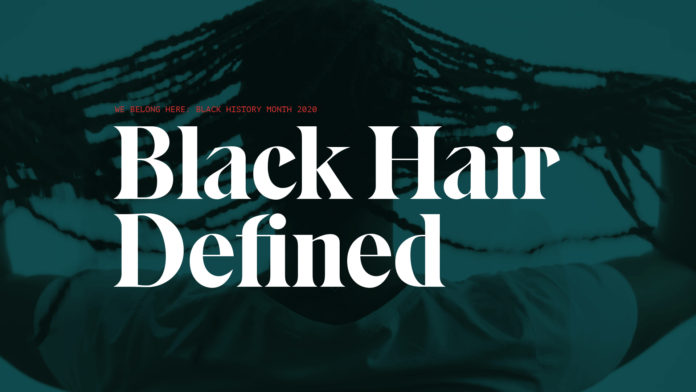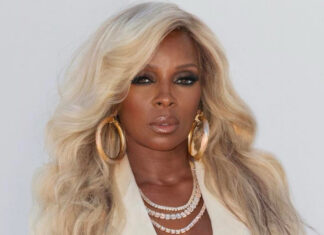Black History Month is an annual celebration of achievements by African Americans and a time for recognizing the role people of color hold in U.S. history. In February, we pay tribute to the generations of African Americans who struggled with adversity to achieve full citizenship in American society. The history of black people is diverse, unique and has contributed a lot to the development of this nation. In honor of the month long celebration, we love to see major influential organizations do their part to spread a positive narrative about black people. The Huffington Post has now entered the chat and dropped a major gem by creating a digital museum about black hair called Black Hair Defined.
Lydia Polgreen, a proud NY Times Alumni and now Editor in Chief at The Huffington Post, went to Twitter to announce the release of the project on February 3, 2020. The boss journalist stated, “For Black History Month we created a digital museum of Black hair. You are welcome.” According to the HuffPost, they “celebrate hair as an artistic form of expression.”
The celebration is well needed after all the adversity black people have experienced in their work place, schools and certain social settings when it comes to the presentation of their hair. The Los Angeles Times reported California signed a bill and became the first state to outlaw racial discrimination based on hairstyle back in 2019. But of course African Americans still struggle with receiving full acceptance.
In a time where digital content is prevalent, this digital museum gives access to anyone with a device from a smartphone to a desktop. The museum features beautiful shots of 18 people with different hair styles and textures. In addition we see a short bio of the model, where they are from, their age, and how they care for their hair. As an extra bonus, some slides even have an accompanying video showing slow-mo, and close up shots of the model’s hair.
Jasmine Cobb is an expert in media depictions of black people throughout history. While speaking to the HuffPost she stated, “We shouldn’t limit the discussion of Black aesthetics to productions apart from the human body,” She continued. “What Black people do with hair — not just the styling of it, but the care for it — is also a question of Black aesthetics.”
We must say we are excited for the celebration of black culture and hope more organizations can make this a part of their normal curriculum, even outside of black history month.









